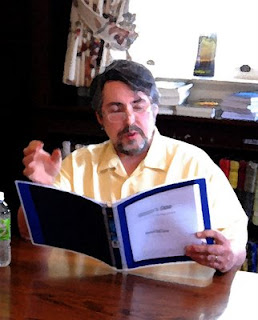Win a Copy of Tremolo: cry of the loon

Hello dear friends and writers,
Will you forgive me if I do a little self-promotion today? I'd love for one of you to win a copy of Tremolo: cry of the loon. It's the best way of sharing what's inside me with you - that book came straight from my soul.
There's an interview of yours truly on Carrie Runnals Words-to-Mouth website today, and if you comment on it you will be placed in the drawing for a free book. Here are the instructions from Carrie's website:
To Win a FREE Copy of Tremolo:
- Leave a comment on Carrie's site beneath the interview.
- Call 206-309-7318 and leave a voice mail message she can play on-air
- Be sure to subscribe to her e-newsletter, so you're informed of the winning name
- Deadline for entry - January 15th, midnight, EST
I've copied the gist of the article below, for convenience. But if you want to have a chance to win, be sure to click on the link above and enter a comment.
Carrie: Why don't you start by telling us a bit about Tremolo: cry of the loon?
Aaron: Tremolo is a coming-of-age mystery suitable for all ages, and it particularly plays to the nostalgia of baby boomers. This novel, third in the Gus LeGarde series, is actually a prequel to the founding book of the series, Double Forté, which begins in the current day when Gus is already a grandfather. The novel is set in the Belgrade Lakes of Maine, in summer 1964, when Beatlemania hits the States and the world mourns the loss of JFK. Eleven-year-old Gus LeGarde faces his first brush with evil against the backdrop of the most powerful events that rocked the nation. When Gus and his friends capsize their rowboat in a thick fog, they eventually clamber to shore, where they witness a drunk chasing a girl through the woods. She's scared. She's hurt. And she disappears. The camp is thrown into turmoil as the frantic search for Sharon begins. Reports of stolen relics arise, including a church bell cast by Paul Revere. When Gus stumbles on a scepter that's part of the spoils, he becomes a target. Compelled to find Sharon before the villain does, Gus-armed only with a big heart, a motorboat, and a nosy beagle-must dig deep for courage to survive the menace that lurks in the dark woods.
Carrie: Why did you choose "To Kill a Mockingbird" as the film that Gus watched in Tremolo?
Aaron: There are great parallels that link Mockingbird to Tremolo, especially the threads of evil that weave throughout both. My father took me to see "To Kill a Mockingbird" when it first came out in theaters, and it's remained my favorite movie to date. I remember coming home and sitting in the dining room with my father after the movie. He turned his forearm in the sunlight and said, "Wouldn't it be lovely to have coppery brown skin like Tom Robinson?" Dad worked hard to be sure I embraced life and people of all colors and nationalities. Gus and I have tried hard to live up to his example. ;o)
Carrie: Of your nine LeGarde mysteries, Tremolo is the only one that delves into Gus's childhood. What inspired this?
Aaron: I couldn't wait to revisit the glorious childhood summers in Maine at my grandparents' camp in the Belgrade Lakes. The memories bubbled within me, aching to be released for years. It seemed natural to plop my current day characters - Gus, Elsbeth, and Siegfried - into that setting. And thus Tremolo, the prequel to Double Forté was born.
Carrie: What do you think resonates with readers of Tremolo?
Aaron: One of the strong elements of the book involves the simple purity of living life without gadgets. Gus and his pals have no toys, no television, no computers, no video games. They didn't need them. They had each other, and the majesty of nature to entertain them. A walk in the woods, horseback riding, fishing, swimming, boating... all of these things are much healthier for us than the electronic cocoons with which we've surrounded ourselves.
Carrie: How long have you been writing? What stirred you to write?
Aaron: I've loved to write since grade school, when I filled journals with romantic musings and wrote zany stories. But the real call to write - that obsession that demands hours per day at the keyboard and holds me hostage until it's satisfied - started in 1997 when my father died. I was 44, and the loss crushed me. Dad was an energetic Renaissance man. He taught music and played piano, tended large gardens, cooked hearty soups, loved his family and dogs, and embraced life with unbridled passion. He was the model who inspired Gus LeGarde. I'm actually a lot like my father, so there are strong elements of me in Gus, too. It's an interesting amalgam.
Carrie: How has writing has impacted your life? Can you tell us how it changes or strengthens you?
Aaron: When life gets tough I turn to my writing for solace, borne of escapism.Family and friends help soothe life's woes, and are fantastic sources of comfort. Especially those hugs I get from my little grandsons. But there's something uniquely satisfying about turning to the parallel universe I control (when I can't control anything else) and "taking charge." Even if life wasn't fraught with its own problems, I'd still write. I have no choice. I need the stimulation of the creative process every day. I need to connect with readers. I live for that and I encourage my readers to contact me at aaron dot lazar at yahoo dot com.
a
Carrie: Do you have a motto or favorite saying that guides you?
Aaron: "Take pleasure in the little things." When life becomes unbearable due to family illness or loss, I've learned how to self-comfort by enjoying what God has provided, such as a frosty field on a sunny winter morning, cornflowers growing wild by the roadside, the flash of love in my grandsons' eyes, or the taste of a fresh picked tomato. We must learn to savor these gifts, relish them, and soak them in to comfort us when things get tough again.
Carrie: Who are your favorite writers?
Aaron: In no particular order: John D. MacDonald for his Travis Magee series; Laurie R. King for her Sherlock Holmes and Kate Martinelli series; Dean Koontz for his Odd Thomas series; Stephen King for his dialog (the best and most natural in the world); James Patterson for his early books' scenes with Dr. Alex Cross, Nana Mama, and his children; Clive Cussler for the delightful adventures of the Dirk Pitt series; Dick Francis (always wished he wrote a series); Tony Hillerman for his character development and scene painting; S.W. Vaughn (aka Sonja Bateman) for her face-paced, gripping fiction; and Marta Stephens for her newly debuted crime mysteries featuring detective Sam Harper.
Carrie: What's next?
Aaron: Mazurka, The fourth LeGarde book will be out soon through Twilight Times Books. Also, the debut novel of my new paranormal mystery series, Healey's Cave, will follow shortly thereafter. My current WIP is a standalone novel entitled The Aviary, about an obsessive-compulsive bird breeder and his pet parakeet, Ruby.
***
Okay, that's it. I need to get back to my manuscript edits that are due January 1st! I'm cracking the whip on myself and hope the next time we talk I can tell you I finished the darn thing! LOL.
Happy New Year!!!



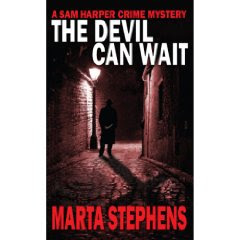

 Hello friends,
Hello friends, First Snow
First Snow 





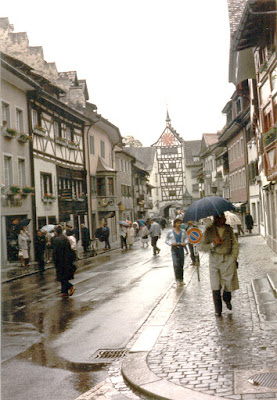
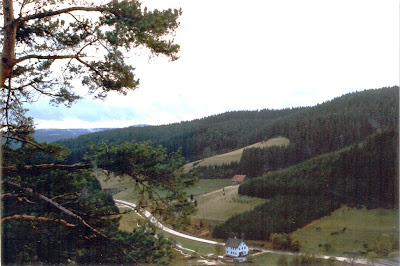
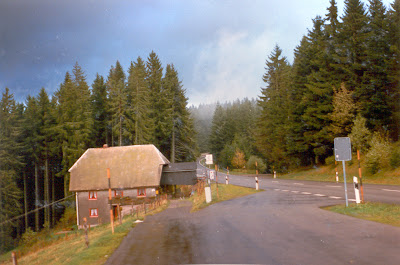

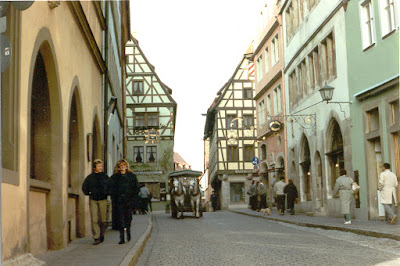





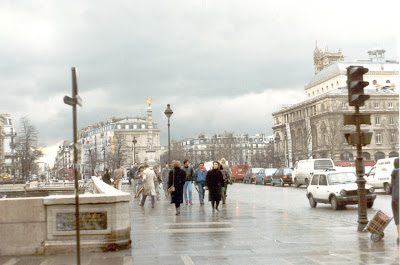
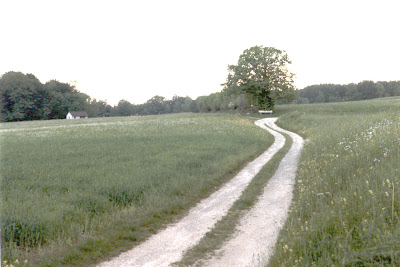


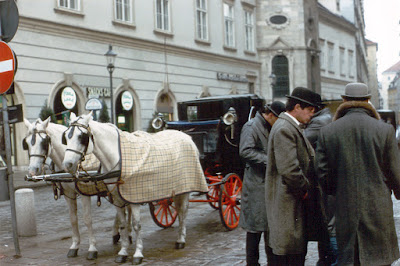
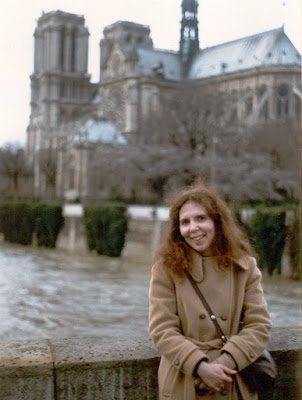 My wife, Dale, in Paris
My wife, Dale, in Paris


